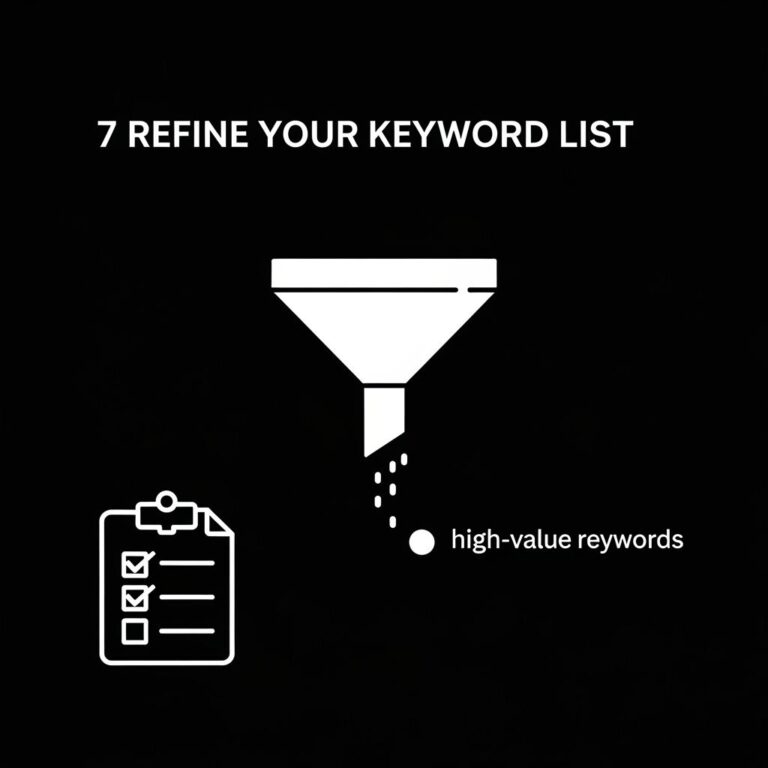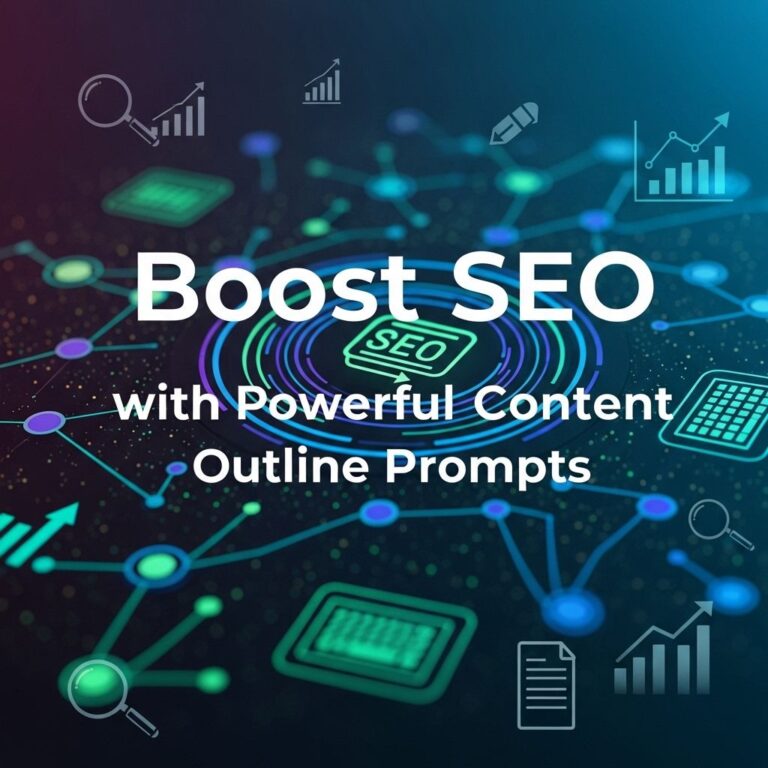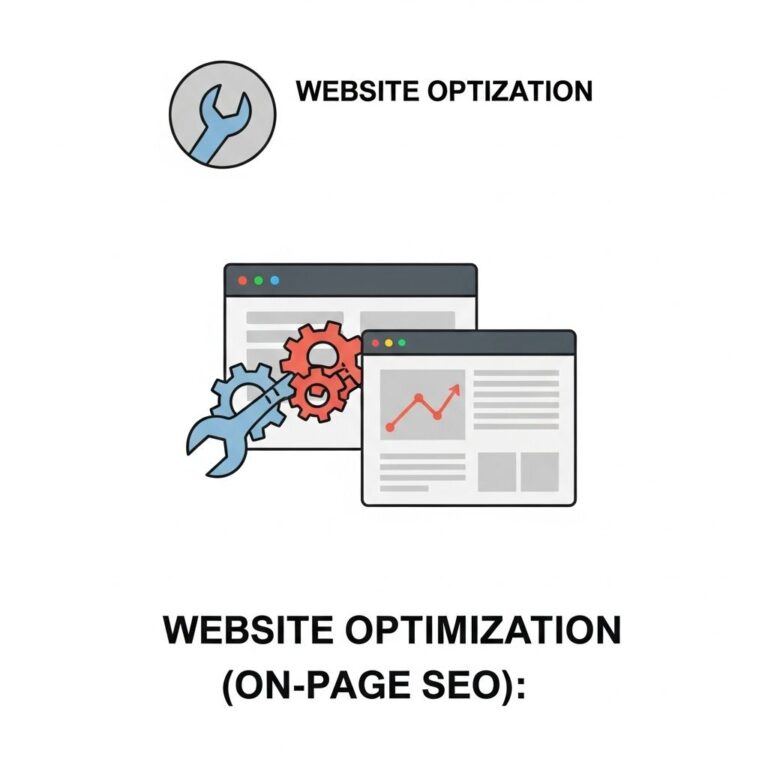In today’s rapidly evolving digital landscape, the power of effective keyword strategy cannot be overstated. As businesses strive to enhance their online visibility and drive organic traffic, leveraging AI-generated prompts has emerged as a game-changer. This article delves into how you can unlock keyword power using AI prompts, especially as we look towards 2025. We will explore the methodologies, technologies, and best practices that can empower your SEO and content strategies.
Table of Contents
The Importance of Keywords in Digital Marketing
Keywords are the foundation of search engine optimization (SEO) and content marketing. They serve as the bridge between what people are searching for and the content you provide. Here’s why keywords hold significant importance:
- SEO Visibility: Proper keyword usage increases the chances of your content ranking higher in search engine results.
- Targeted Traffic: Well-researched keywords help attract users who are genuinely interested in your offerings.
- Content Relevance: Keywords help maintain the relevance of your content, ensuring that it meets user intent.
Understanding AI and Its Role in Keyword Research
Artificial Intelligence (AI) has transformed many sectors, and keyword research is no exception. AI tools can analyze vast amounts of data to identify effective keywords that can elevate your content strategy. Here are some ways in which AI is changing keyword research:
Data-Driven Insights
AI algorithms can crawl millions of websites, dissecting user queries and content trends. This results in:
- Finding long-tail keywords with high potential.
- Identifying keyword gaps in your current strategy.
- Analyzing competitor keyword performance.
Natural Language Processing (NLP)
NLP helps AI tools understand the context and nuances of human language, allowing for more sophisticated keyword suggestions. For instance, AI can:
- Generate keywords based on user intent.
- Suggest variations that might resonate with different demographics.
How to Effectively Generate AI Prompts for Keywords
Creating effective AI prompts for keyword generation involves understanding the nuances of your target audience and the industry landscape. Follow these steps to optimize your process:
1. Define Your Audience
Understand who you are targeting. Consider demographics, interests, and search behaviors. This clarity will guide your keyword strategy.
2. Use Specific Language
When crafting prompts, be as specific as possible. For example:
| General Prompt | Specific Prompt |
|---|---|
| “Keywords for fitness.” | “Suggest long-tail keywords for fitness enthusiasts interested in home workouts.” |
3. Incorporate Contextual Information
Providing context can lead to more accurate and relevant keyword suggestions. Include information such as:
- Current trends in your industry.
- Seasonal factors influencing consumer behavior.
4. Experiment and Iterate
Don’t hesitate to adjust your prompts based on the output you receive. Experiment with different styles of phrasing to see how they affect the results.
Tools to Leverage AI for Keyword Generation
There are numerous AI-powered tools available for keyword generation and analysis. Here are some top picks:
1. SEMrush
SEMrush offers a comprehensive suite of SEO tools, including AI-driven keyword suggestions and competitive analysis.
2. Ahrefs
Ahrefs is renowned for its robust backlink analysis, but its keyword explorer is equally powerful, providing insights based on real user searches.
3. Google Keyword Planner
While not strictly AI, Google’s tool leverages AI algorithms to predict search trends and suggest keywords based on user input.
Best Practices for Implementing AI Keywords
Once you’ve generated a list of keywords using AI prompts, it’s essential to implement them effectively. Here are key practices to consider:
1. Prioritize Relevance
Ensure that your selected keywords are relevant to the content you are producing. Irrelevant keywords can hurt your SEO efforts.
2. Optimize Content Around Keywords
Incorporate keywords naturally into your content. Key areas to focus on include:
- Title tags
- Meta descriptions
- Headers and subheaders
- Body content
3. Monitor Performance
Regularly check the performance of your keywords. Tools like Google Analytics can provide insights into how well your content is performing and whether your keywords are effective.
4. Stay Updated with Trends
The digital landscape is constantly changing. Make it a habit to revisit and revise your keywords based on emerging trends.
Case Studies: Successful AI Keyword Implementation
To better illustrate the effectiveness of AI in keyword optimization, let’s examine a few case studies:
Case Study 1: E-commerce Growth
An online retail company used an AI tool to identify long-tail keywords related to eco-friendly products. As a result, they:
- Increased organic traffic by 150% within six months.
- Improved conversion rates by 30% through targeted landing pages.
Case Study 2: Blog Traffic Surge
A lifestyle blog adapted their content strategy based on AI-generated keyword suggestions. The outcome included:
- A 200% increase in monthly visitors.
- Higher engagement rates due to more relevant content.
Conclusion: The Future of Keyword Strategy
As we move towards 2025, the significance of AI in keyword generation and SEO will only grow. By harnessing the power of AI prompts, businesses can stay ahead of the competition and effectively reach their target audiences. Embracing these technologies will not only enhance keyword strategies but also transform how content is created and shared, fostering a more dynamic and engaging online experience.
FAQ
What are AI prompts and how do they enhance keyword optimization?
AI prompts are specially designed phrases or questions that guide AI tools to generate relevant content. They enhance keyword optimization by ensuring that the generated content is rich in keywords that align with current search trends.
How can I use AI prompts to improve my SEO strategy in 2025?
You can use AI prompts to generate content ideas, create engaging blog posts, and optimize existing content. By integrating keywords naturally into AI-generated content, you can improve your website’s visibility in search engine results.
What are the benefits of using AI-generated content for SEO?
AI-generated content allows for faster content creation, ensures keyword relevance, and helps maintain a consistent posting schedule. It can also provide insights into trending topics and audience interests, improving overall SEO performance.
Are there specific AI tools recommended for generating SEO-friendly prompts?
Yes, tools like Jasper, Copy.ai, and Writesonic are popular for generating SEO-friendly prompts. They allow users to input keywords and receive tailored content suggestions that can boost search engine rankings.
How often should I update my content with AI prompts for optimal SEO results?
Regular updates are key to maintaining SEO performance. Aim to refresh your content every 3 to 6 months with new AI-generated prompts to keep it relevant and aligned with changing search trends.
Can AI prompts help in creating localized content for better SEO?
Absolutely! AI prompts can be tailored to include local keywords and phrases, making it easier to create content that resonates with local audiences, thus improving your site’s local SEO performance.









